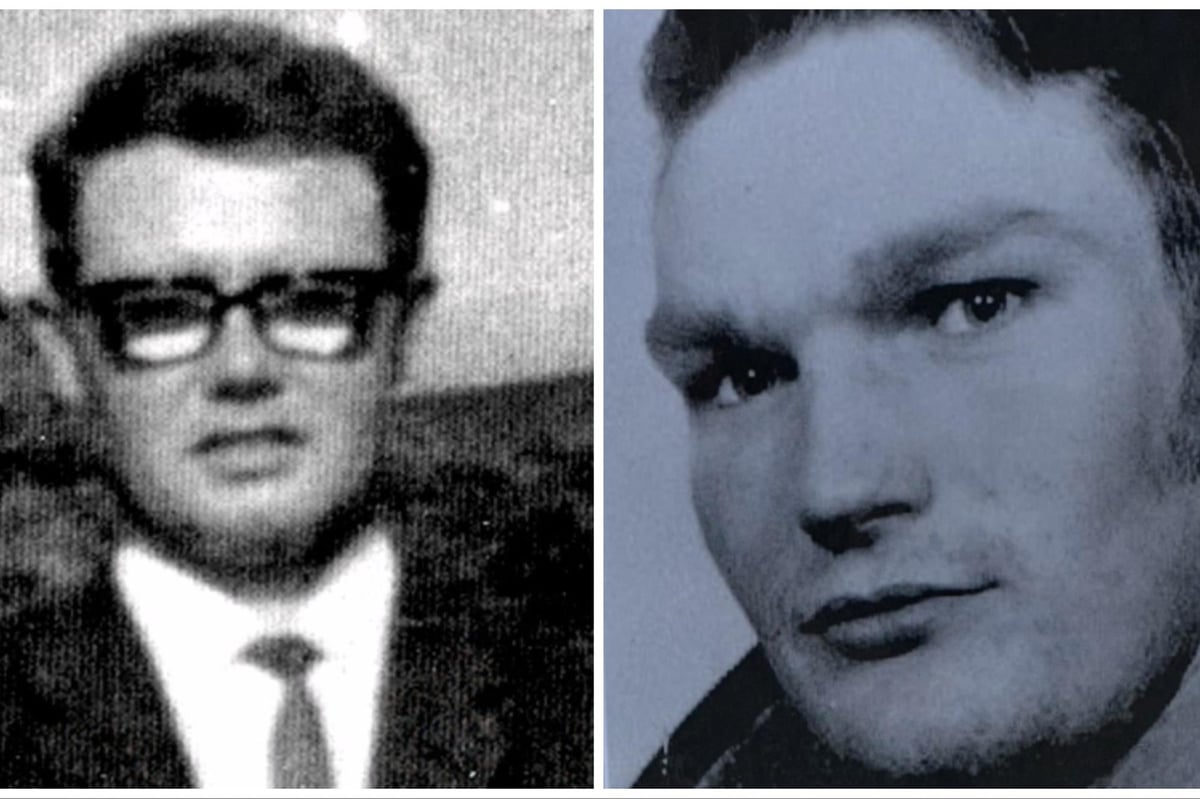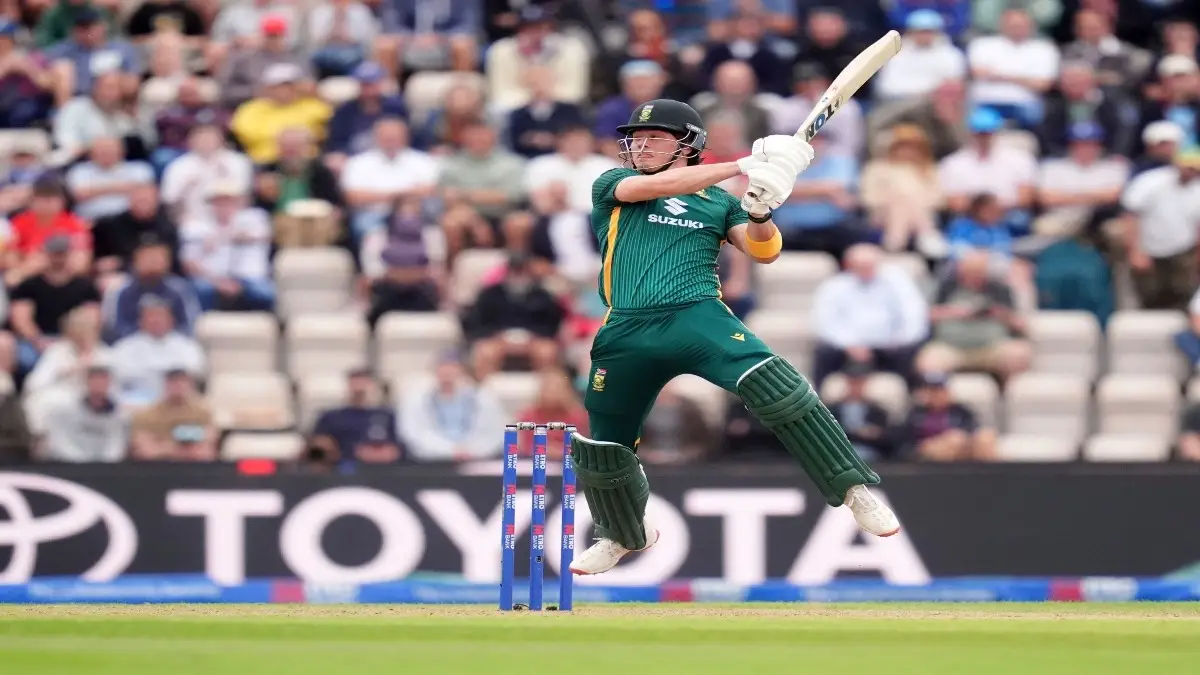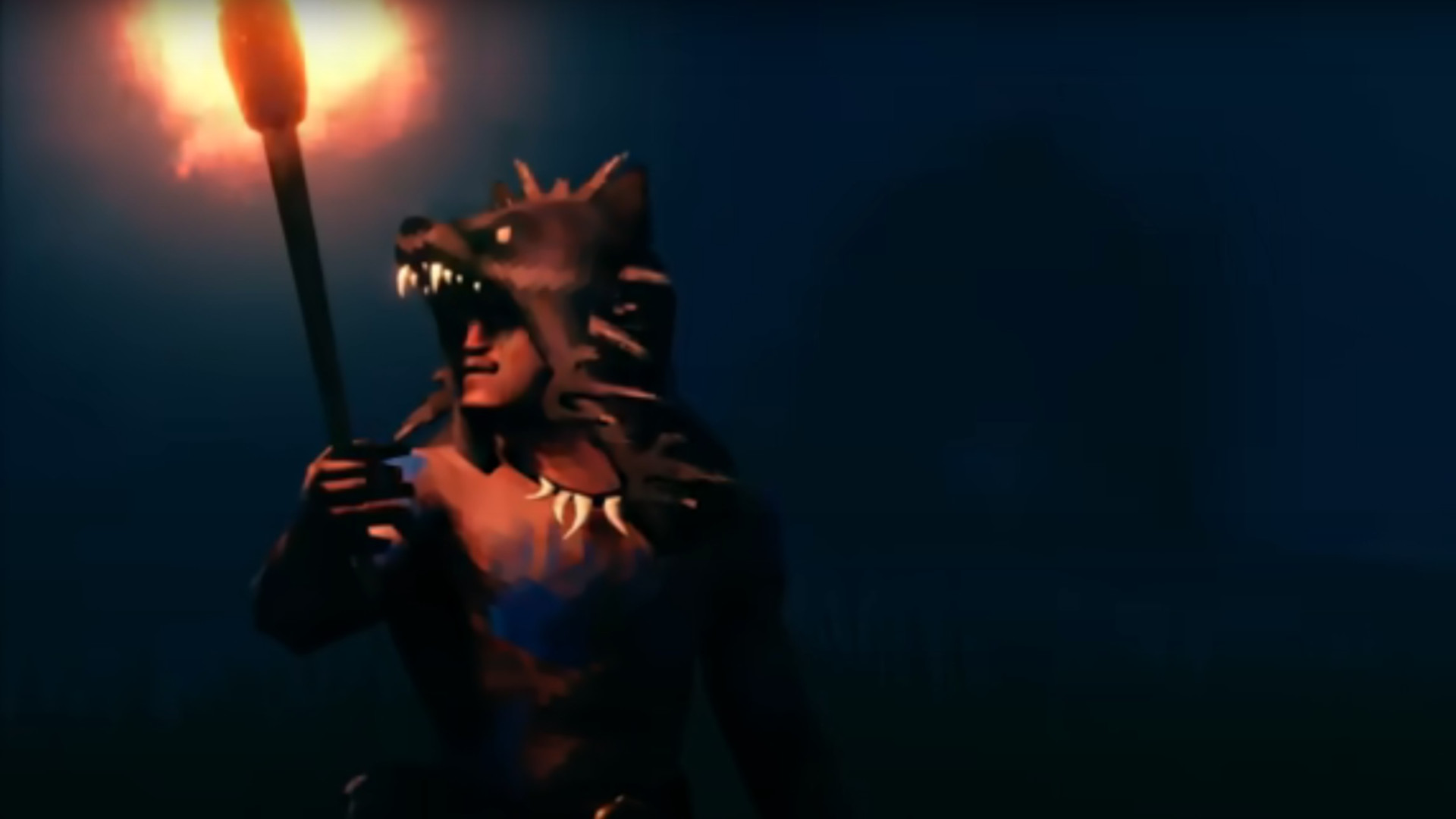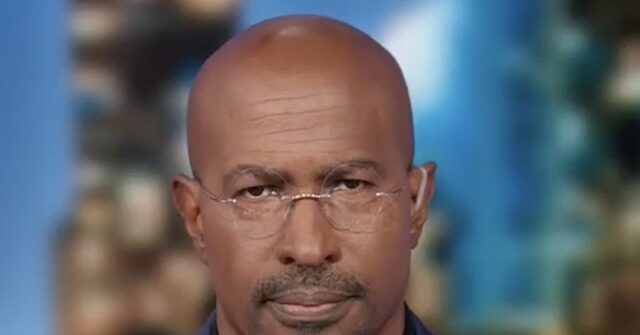By Kevin Mullan
Copyright derryjournal

Soldier F, who cannot be identified due to an anonymity order, is charged with the murders of William McKinney and James Wray in Derry on January 30, 1972. He also faces five charges of attempted murder on the same date. In his opening statement at Laganside Crown Court on Monday, prosecution barrister Louis Mably, KC, told the court how the events of Bloody Sunday had had ‘a long-lasting and profound effect on Northern Ireland’. However, he said the case before the court focused on a particular set of events on the day itself. “The defendant is known as Soldier F. He is charged on indictment with two offences of murder and five offences of attempted murder. The charges arise out of the events of Bloody Sunday, January 30, 1972, when he deployed into the Bogside as a member of the Parachute Regiment,” the court was told. Mr Mably explained that the charges of murder related to the shooting of James Wray (aged 22) and William McKinney (aged 26). The charges of attempted murder, he added, related to the shooting of four other men and boys, Joe Mahon (aged 16), Michael Quinn (17), Joseph Friel (20) and Patrick O’Donnell (41), all of whom survived. The prosecuting barrister described three of the surviving alleged victims Joe Mahon, Michael Quinn and Joseph Friel, as ‘key prosecution witnesses’ who after 50 years are ready to give evidence before the court and ‘give their account of Bloody Sunday, their account of how they came to be shot by the British Army’. “This trial is not another inquiry, rather, more than 50 years on, these proceedings are concerned with a particular set of facts and a particular legal issue, namely the prosecution’s allegation that the defendant is criminally responsible for the shooting of the individuals to whom I have referred,” he said. Mr. Mably said the proceedings were governed by criminal evidence and concerned with one part of the day’s events, the shootings in Glenfada Park North. “The defendant was part of a small group of soldiers who moved west from Rossville Street into that courtyard. At the far end civilians, fearful of the approach of the soldiers began running across the courtyard towards a gap in one of the corners in order to escape. “As they did so the soldiers acting together and therefore with joint responsibility opened fire with their self-loading rifles (SLRs), shooting at the civilians as they ran away, resulting in the casualties I have described: two deaths and four men wounded,” the court heard. Counsel for the prosecution said its case was that the alleged shootings were unjustified and that the civilians did not pose any threat to the soldiers and that the soldiers would not have believed that they did. “The shooting was unnecessary and it was gratuitous,” said Mr. Mably. During the first day’s proceedings the court was shown detailed historic maps and photographs of the area around Rossville Street and Glenfada Park North from 1972. These included an outline of the rubble barricade on Rossville Street where, the court heard, Michael Kelly, aged 17, was shot dead on Bloody Sunday just before the alleged murders and attempted murders in Glenfada Park North. The court heard the prosecution will be making a hearsay application to the court on Wednesday on the admissibility of statements made by British paratroopers to the Royal Military Police (RMP) on the evening of Bloody Sunday. Statements made to the Widgery Tribunal will also be subject to the application, the court heard. These, said Mr. Mably, will form a key part of the prosecution’s case. Evidence of witnesses to the events in Glenfada Park North, the court heard, demonstrates that soldiers that entered the courtyard ‘opened fire on people who were running away’. “They opened fire at people who were scared, who had been caught in the chaos and were obviously posing no threat at all. They were shot in the side and they were shot in the back. And the truth is that in the middle of this deployment into the Bogside, these soldiers lost control of themselves. “They were unprofessional. They failed in the exercise of their basic duty and they disregarded basic military discipline, shooting people as they run away. It was an appalling act, which disgraced the British Army and it is also murder,” said Mr. Mably. The prosecution said the real question in the case was not whether Mr. Wray and Mr. McKinney were murdered but who were the soldiers who opened fire at them. Anonymity was granted to military witnesses and further orders may be made as the trial proceeds. Last December Soldier F entered ‘not guilty’ pleas to the seven charges against him at an arraignment hearing at the Belfast Crown Court. Mr. Wray and Mr. McKinney were among a total of thirteen men and boys who were shot and killed in the Bogside area of Derry during an anti-internment civil rights march. A fourteenth person died later from wounds sustained that day. The events of Bloody Sunday were examined during the Bloody Sunday Inquiry, also known as the Saville Inquiry, which published its final report on June 15, 2010, exonerating the innocent victims. The trial in Belfast continues.



